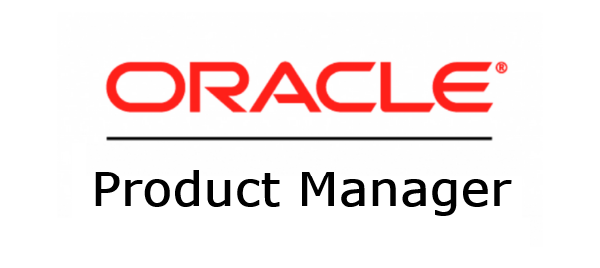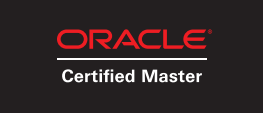Partitioning is the key for performance when you are talking about DW or any object with a lot of rows. What you must study and practice in this topic is how to create a table with: Basic Partitioning Strategies: RANGE, LIST and HASH. Advanced Partitioning Strategies: REFERENCE, INTERVAL, SYSTEM and VIRTUAL COLUMN-BASED. Composite Partitions (all the combinations) …
Mar 31
OUD failing with "Client requested protocol SSLv3 not enabled or not supported"
After installing the latest release of Oracle Unified Directory (11.1.2.2.0), all databases that tried to connect in the directory service started to receive the following error: SQL> conn T3204325 Enter password: ERROR: ORA-28030: Server encountered problems accessing LDAP directory service Checking on the OUD log file, the error was: [30/Mar/2015:10:50:46 -0300] CONNECT conn=19 from=10.192.38.28:34059 to=10.221.63.49:1636 protocol=LDAPS …
Mar 03
IMPDP failing with ORA-39083 and ORA-14024
Sometimes, when your EXPDP takes so long (probably because you have huge partitioned tables), when you try to IMPDP somewhere later you may receive the error: ORA-39083: Object type INDEX failed to create with error: ORA-14024: number of partitions of LOCAL index must equal that of the underlying table This usually happens because the export of …
Mar 02
IMPDP failing with ORA-31625 and ORA-01031: insufficient privileges with Database Vault
Those days, I was having a lot of errors during my Import Datapump session in a Oracle 11g with Database Vault environment. As the schema was protected, first I did the overall check up making sure the user I was using to import had the DBA permission and I also gave it full access to …
Feb 28
How to delete the incarnations of an Oracle Database
In this article, I will talk about database incarnation and how to clean the old and obsoletes ones. It's not intended to show you how to clean the incarnations on the recovery catalog, but from the database itself! Let's start. Sometimes, after performing several database recoveries or "open resetlogs", you can end up with so …







